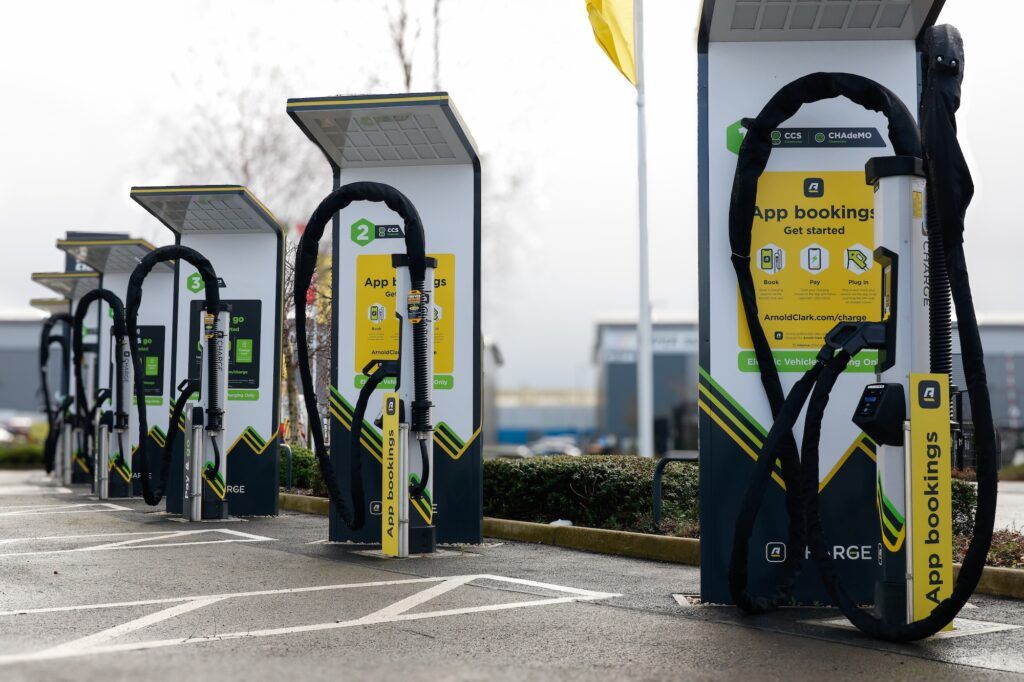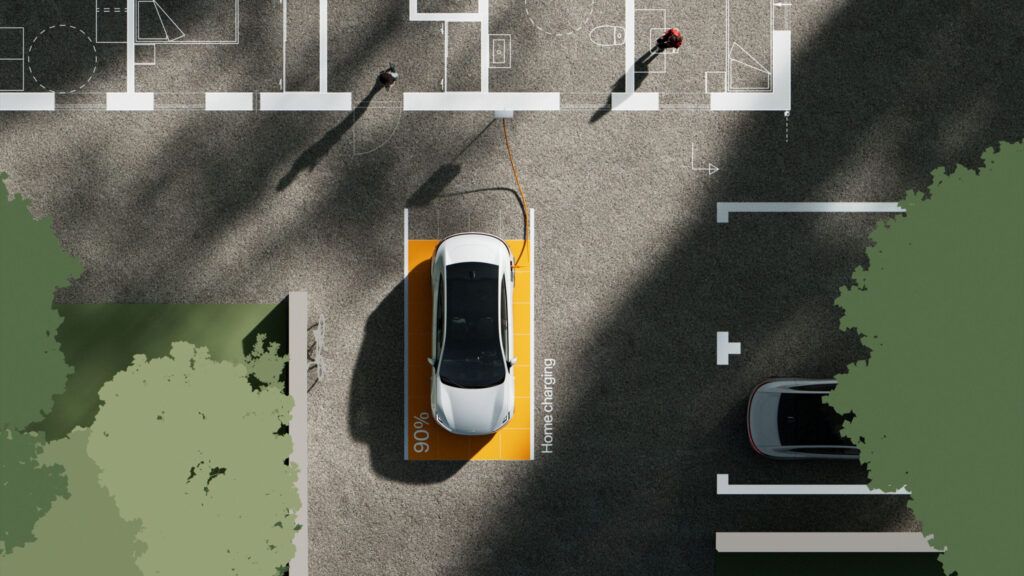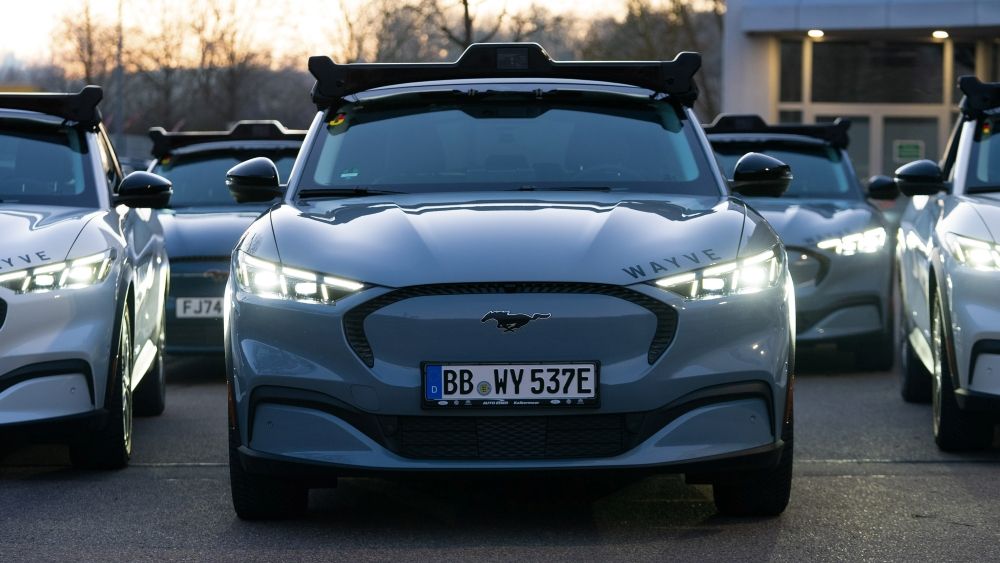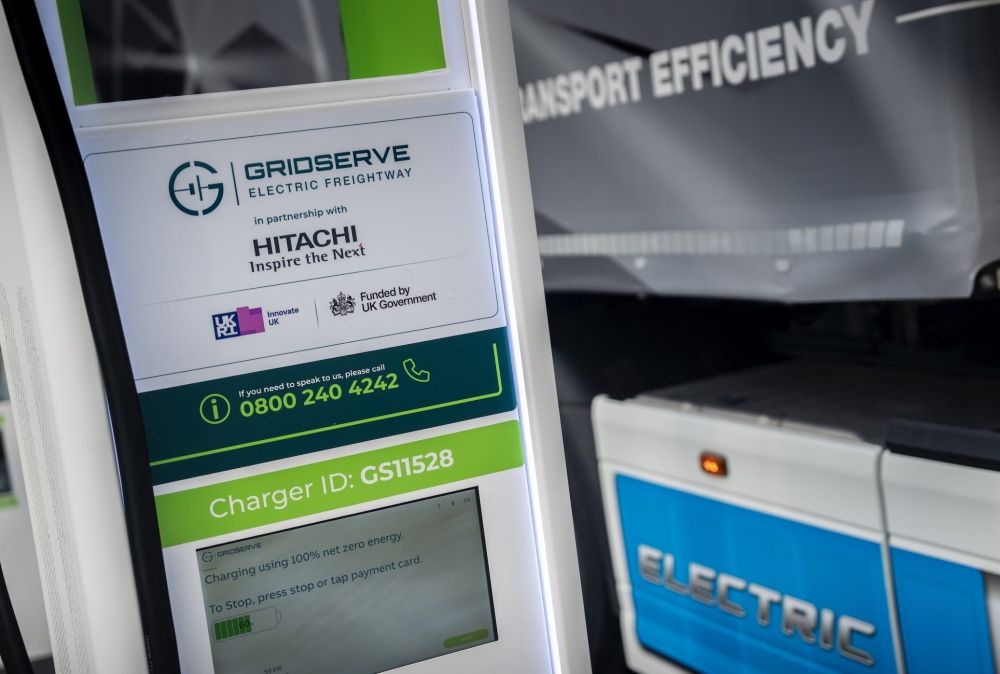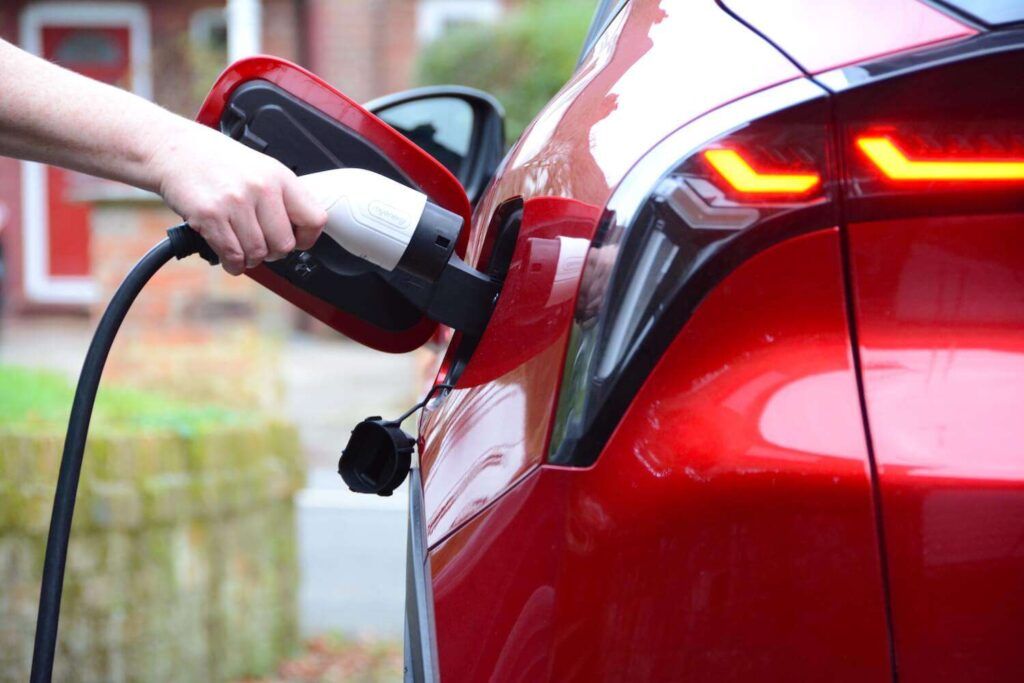Shadow Roads Minister Bill Esterson has told members of electric vehicle (EV) trade group RECHARGE UK that Labour will restore the 2030 date for the end of the sale of new petrol and diesel cars in an effort to rebuild consumer and investor confidence.
Last September Prime Minister Rishi Sunak ditched the 2030 ban on the sale of new petrol and diesel vehicles, rolling it back until 2035.
At a meeting of RECHARGE UK last Wednesday (7th February 2024) Mr Esterson said the reintroduction of the 2030 deadline would give confidence to investors and help encourage consumers to make the switch to electric.
This comes after RECHARGE UK’s industry survey highlighted the importance of the 2030 deadline which if not reinstated could cost the UK over £100 million in investment[1].
RECHARGE UK is the EV arm of the REA (Association for Renewable Energy and Clean Technology). It is comprised of 100 companies that are manufacturing, installing, operating, consulting on, financing and providing electricity supply to EV charging infrastructure.
Mr Esterson said: ‘’The big change that has undermined the transition was Rishi Sunak saying we’re going to delay the introduction of new electric vehicles. It gave the message to consumers that you don’t need to bother about it. Allied to all the misinformation that is out there now it has really undermined the whole movement.
“We’re committed to 2030 because we’ve got to give certainty to investors. Our view is that as it is looking very encouraging for Labour to get into Government, we can give a very strong and clear degree of certainty that if Labour gets in it will be 2030 and you can invest on that basis if you’re confident we’re going to win.
“The polls suggest that it is going to happen. I’m not complacent about it, but I am optimistic. It gives investors certainty, and it gives consumers a degree of certainty that they do need to start thinking about this.”
A wide-ranging discussion saw the MP for Sefton Central answer questions about vehicle-to-grid technology, truck targets, on-street charging, accessibility of charging, van charging, parking bays, the role of councils, scaling up gigafactories and much more.
Mr Esterson added: “The evidence and expertise that RECHARGE UK and the REA membership have is fundamental. I am one individual that doesn’t have all the answers. People across the industry do have that expertise and I think it only is by working together with organisations and people who have developed that strong expertise that we really can find the answers to the challenges we face and make the most of the opportunities.”
The Zero Emission Vehicle Mandate (ZEV) Mandate was passed into law by the House of Commons in December 2023 and will require 80% of new cars and 70% of new vans sold in Great Britain to be zero emission by 2030, increasing to 100% by 2035.
Whilst Mr Esterson welcomes the introduction of the ZEV mandate, he warned that vehicle manufacturers must be given the right signals to help enable them to sell more EVs.
He said: “Manufacturers have got the ZEV mandate, which is right. But unless consumers want to buy the product it makes life very difficult for them. We’ve seen three months where new sales of electric vehicles have fallen. The only place where it has really kept going is fleet sales. All that’s going to happen is manufacturers will reduce the number of vehicles that they’re putting on the market, so they still hit their quotas. That isn’t a good place to be. We need to increase the numbers of people buying and we need private buyers to want to buy them.
“The good news is that the second-hand market is starting to evolve, and electric vehicles are now at price parity with petrol and diesel, for second hand vehicles. But we’ve got a lot of work to do to build consumer confidence.”
Mr Esterson also talked to members of RECHARGE UK about the importance of energy security and self-sufficiency through clean electricity generation.
He said: “We have a mission to be self-sufficient in clean electricity generation by increasing onshore and offshore wind and solar and speeding up grid connections and decision making planning decisions, all of which are part of Labour’s plans for government.
“In the end, we’ve got a say to people, this is a really good idea, and this transition is a great opportunity. So, there are some practical things that we can do, and we’ve got to make it possible for people to plug in easily. It is going to be important for government to work with electric charge point providers, with local authorities, and with businesses and consumers to come up with answers to some of the challenges.”
Matthew Adams, Transport Policy Manager for the REA, said:
“It was a pleasure for RECHARGE UK to hear more about Labour’s plans for the EV sector. Firstly, huge credit must be given to Bill for being so on top of his brief and engaging with the whole sector, it’s hugely welcome and refreshing and something our members cited in their feedback. It was really pleasing to hear the recommitment to the 2030 deadline which we know our members and the wider industry would like for investment certainty going forward. Of course, it was also pleasing to hear that Bill recognises the value RECHARGE UK, the REA and its members can bring to the discussion. We look forward to working with Bill going forward as we continue to build momentum across a number of the policy areas discussed, such as flexibility, accessibility, empowering those without driveways to purchase an EV and fleet electrification.”
Image courtesy of REA / RECHARGE UK.
[1] https://transportandenergy.com/2023/10/23/rea-poll-delay-to-ban-on-sale-of-new-petrol-and-diesel-vehicles-could-cost-uk-over-100m/





